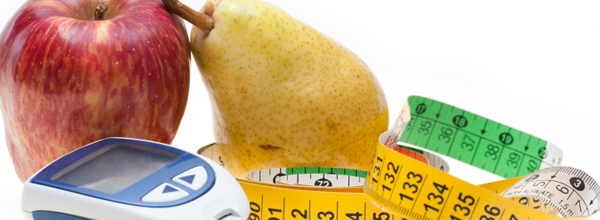Diabetes - A Ticking Timebomb

The number of people in the UK with diabetes is rocketing – up from under half a million in the late 1960s to almost 3 million today – and according to today’s news reports, 50% of people with this condition are failing to keep control of their blood pressure. As with so many conditions, prevention is better than cure.
Diabetes – more than one of a kind
There are 2 main kinds of diabetes – type 1 (which usually starts before the age of 20 and always needs insulin injections) and type 2 (which tends to start more gradually, later in life, and can often be treated with diet and tablets). About 90% of people in the UK have type 2 diabetes, which used to be called ‘maturity onset’ or ‘late onset’ diabetes.What are the symptoms of type 2 diabetes?
In the early stages, symptoms are often vague – tiredness, getting more minor infections like thrush and boils, feeling thirsty or needing to pass water more often.What are the risks of diabetes?
Let’s be clear – there is no such thing as ‘the mild kind’ of diabetes. Type 2 diabetes usually has fewer symptoms to begin with, but without proper treatment it greatly increases your risk of heart attack and stroke. Fortunately, keeping your blood sugar, cholesterol and blood pressure under control (with a combination of diet, exercise and medicines if needed) can dramatically cut these risksHow low is too low for blood sugar?
Some medicines for diabetes – mostly insulin injections and tablets called sulphonylureas – can drop blood sugar too much, causing hypoglycaemia or ‘hypo’. This makes you feel very unwell and can cause severe complications including brain damage and heart attack in severe cases.How do I recognize low blood sugar?
If your blood sugar is too low, you may feel irritable, dizzy, hungry, trembly and tired. You may have problems concentrating or seeing clearly. If someone you know has diabetes and looks sweaty and pale or starts behaving as if they’re drunk, always ask yourself if they may be having a ‘hypo’.How can I help myself?
The most common cause of type 2 diabetes is being overweight. It’s also one of the main reasons for getting complications like heart attack and kidney or eye damage. If you can cut your weight by just 10%, you can lower your fasting blood sugar by almost 50%. Your doctor or practice nurse will be delighted to help you look at your diet and exercise to see how they can help you.Getting regular check-ups is absolutely key. If you’re prescribed medication, do speak to your pharmacist if you get side effects, rather than just stopping it. You also need to take special care of your eyes. Get them checked at least once a year with special photographs – your GP can refer you.
Latest research – letting the facts get in the way of a good headline
Because diabetes is so common, headlines about it are a great way of capturing the public interest. Some of them are about really important developments – some are more hype than factCrash diets ‘cure’ diabetes – this is a great example of a researcher’s enthusiasm running away with him! One such story hit the front pages last June, but in fact this study was tiny (only 11 people!) and only 3 months long (diabetes lasts a lifetime, so we need long term research). Don’t ever attempt a crash diet, especially if you have diabetes, without medical supervision.
An end to injections – we’ve come a long way in research to find alternatives to insulin injections but we definitely aren’t there yet.
No more hypos – the older you are, the more likely you are to get severe hypos on certain diabetes treatments, but newer medicines don’t carry the same risks. If you’re taking tablets and have had hypos, ask your GPs about alternatives.

No comments: